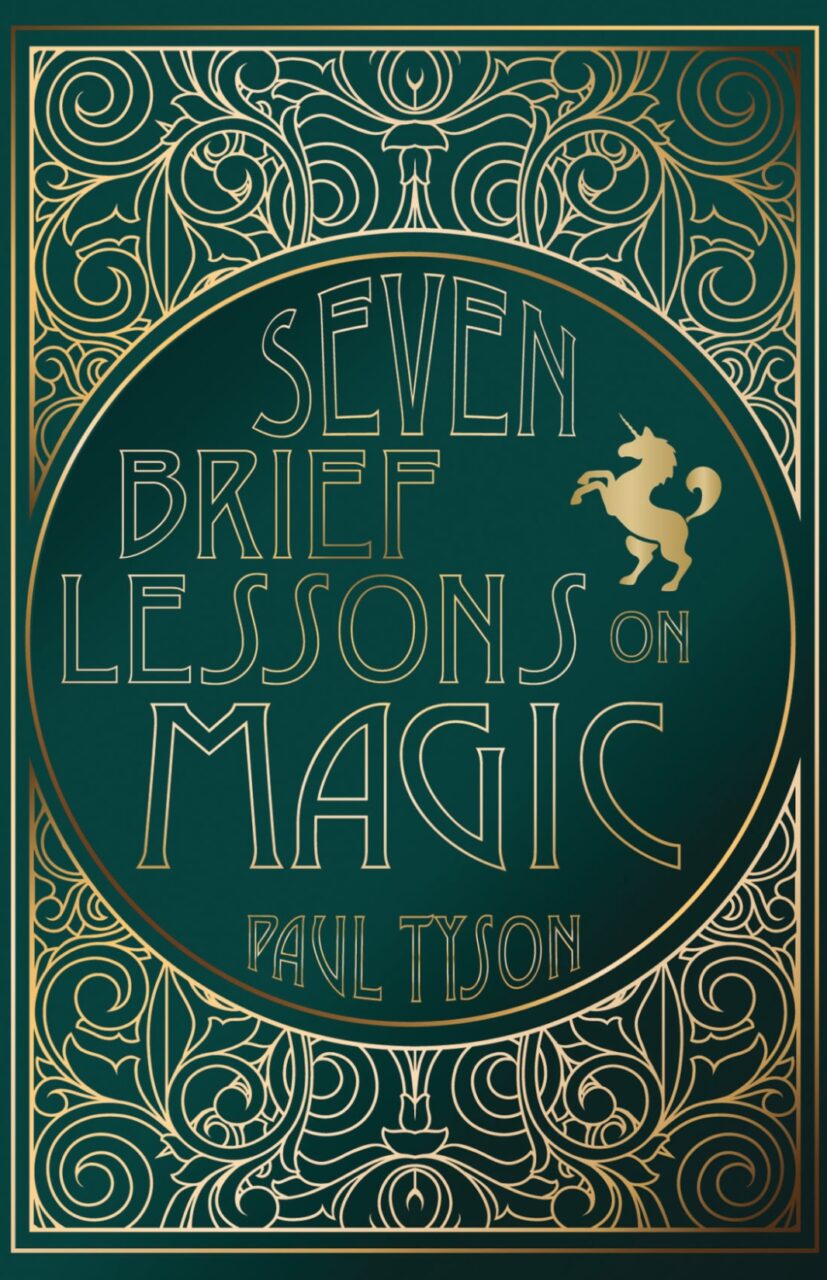Book reviewed by Charles Sherlock AM, February 2023
Eugene, OR: Wipf and Stock, 2019; xii + 76 pages
ISBN: 9781532690419, 1st edition, paperback
AUD$27.50
This brief book changed how I see today’s world—a pretty big claim, especially for someone who has been engaged in theological education for fifty years. But Paul Tyson’s elegant analysis of how “magic”—“the real qualities and mysteries of the world that science just can’t grasp”—opened my eyes to how far prevailing views of life assume that natura pura is the only reality.
It is important to state that Tyson strongly affirms that the sciences explore what is real. What he opposes is the “anti-magical” assumption that only nature/materiality is real, and that all else is internal feelings or constructions. This position, widely espoused in the media, eliminates foundations for what matters for daily life—love, justice, beauty, goodness, and the like.
Tyson, who teaches at the University of Queensland, Australia, introduces his “lessons” in the first two chapters, identifying four “theories” of magic: two largely past (animistic and Platonic) and two strongly current (“supernatural,” over and against nature; and “anti-magical”). It took me a while to grasp the full implications of this analysis, despite a helpful diagram on page 17, but, as the book went on, its significance became (alarmingly) clearer.
The third and fourth “lessons” take up the commonly espoused thesis that the modern world has become “disenchanted.” In some ways, Tyson accepts this—but in reality it “did not happen,” citing the example that, after all, Harry Potter books have broken publishing records. Tyson finds Kierkegaard’s “inversion” of Locke and Hume helpful, bringing relationships rather than ideas to the fore, and the significance of using imagination beyond “bare reason.”
These lessons lead into what I found to be the core of the book: Lesson Five on “The Magic of Quality and Purpose.” Tyson excoriates both “supernatural” and “anti-magical” ideas: one example that stood out was showing that both Marxism (“anti-magical”) and “Christianity as promoted by the US during the Cold War” (“supernatural”) “had a functionally materialist, “realist” outlook on power, and both lacked any practical qualitative metaphysics” (p. 48).
Tyson’s concern is thus not narrowly with the sciences, but “understandings of knowledge, value and power” in today’s Western world (p. 61). False assumptions about the reality of “magic,” commonly perceived to be due to the influence of “science,” distort and harm what actually matters about life, the universe, and everything.
The final two chapters set out Tyson’s response, initially by arguing for “the magic of essence,” and then the recovery of a Platonist outlook, vividly illustrated by how Augustine saw the civilisation of ancient Rome. I would gladly read more on the latter—Ricoeur and Girard are noted as offering “interesting ideas” (just interesting!). And then comes this tantalising comment (p. 65):
Animism without empire—such as we had in ancient Australia—develops a kind of dynamic stasis, a deeply adaptive harmony between the beauty and ugliness of nature and a way of life defined by deep listening, deep responsiveness, and genuine sustainable harmony with the fragile and merciless nature of the ancient and environmentally delicate southern continent. But we are all a people of empires now …
More please! This brief book reshaped how I live as a human being today and stirred me to appreciate the reality of what truly matters. I have no hesitation in recommending it.

